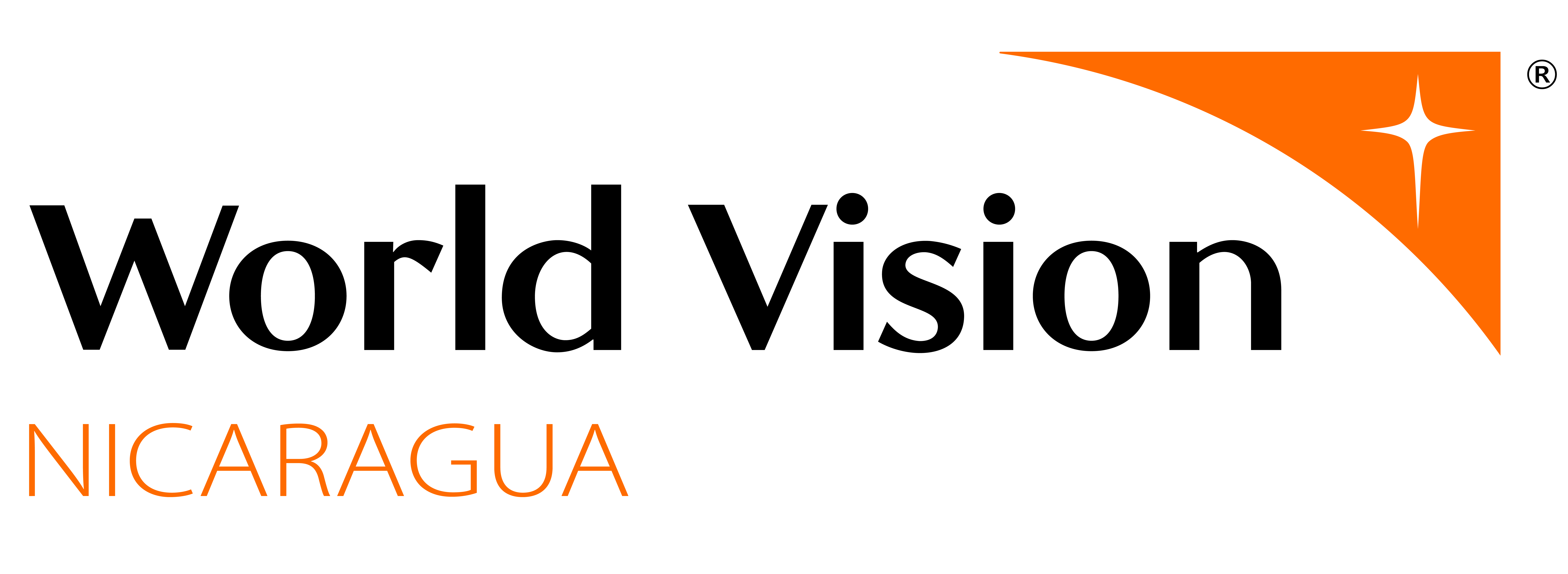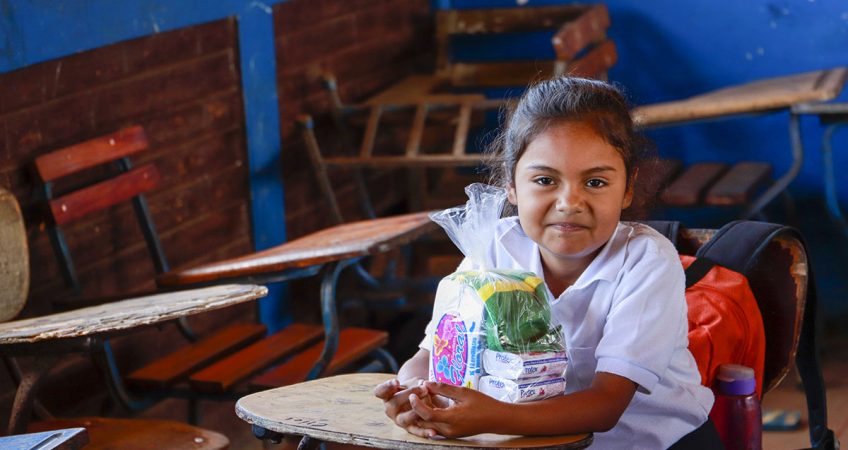At a time when people must stay home to prevent the spread of COVID-19, another pandemic can take hold in homes: violence against children and adolescents.
In November 2019, the Institute of Legal Medicine stated that “24% of the medical forensic examinations were carried out on girls, boys and adolescents victims of sexual, physical and psychological violence in an intra-family and community context.”
The latest official figures from the National Police on sexual violence in the country (May 2014 to May 2019) account for 6,719 victims of sexual abuse, of which 42% were girls under the age of 14.
That is why, we are aware that in many homes the vulnerability of children and adolescents to various types of violence during confinement may increase, World Vision Nicaragua decided to take actions that contribute to the self-protection of children and the empowerment of forms of violence prevention. These actions are part of the Emergency Response Plan for COVID-19 designed by the organization.
Next, we share an interview with Haydeé Calderón, specialist in psychosocial and psycho-emotional support, from World Vision Nicaragua.
Why is it important to train children and adolescents in self-protection issues in the context of quarantine?
It is important to train children and adolescents in forms of self-protection because at times like this, when children spend more time at home, forms of violence become more acute. Being closer to the perpetuators, who are generally family members, are exposed to various types of violence and it is important that they know self-defense mechanisms so that they can defend themselves and even flee from risky situations.
What are the forms of violence to which children and adolescents are most exposed by spending more time at home?
It is important to recognize that children and adolescents are always exposed to violence only that, by spending more time at home, this worsens. But, the most common forms are sexual, physical, emotional, and neglect.
An abusive father or mother, having more time with children “will lose patience faster” and will resort to violence.
The complicated thing is that, by not having interaction with teachers, the spiritual leader or other family members, the girl or boy will not be able to share it with trusted people who help them escape, that is where the importance of training them in self-protection is born.
What are the forms of self-protection that parents and caregivers can teach their children?
We are focused on ways to prevent violence. Emphasis should be placed on things that they should not allow and on the identification of a trustworthy person, someone who can help them in a case who are victims of some type of violence.
It is important to have on hand the contact numbers of the National Police (118) and the Ministry of the Family (133).
Things that children and adolescents should not allow
- No one should touch their body.
- No one should yell at them, hit them, or hurt them.
- They should not keep secrets that make them feel bad.
- They should not accept gifts in exchange for keeping secrets.
- They must have a trustworthy person to protect them and learn their phone number.
- They should stay away from people or places that make them feel uncomfortable.
- If they are in danger they should yell, run and seek help.
- They should tell a trusted person when something made them feel bad.
- If they are hurt, they should not feel guilty or ashamed.
- They should avoid participating in actions that harm others.
What advice would you give to parents and guardians to promote the protection of children and adolescents?
First, it is important for them to recognize that girls and boys are also aware of the current situation of COVID-19 and that all routine changes affect them greatly; that is one of the main reasons for them to show greater concern.
Second, parents and caregivers must learn to speak in the child’s language in order for proper communication to be achieved. We cannot speak to children as adults.
Third, you should look for activities that you can do together, such as watching a movie, playing on the patio and / or porch, reading a story, doing school activities at home, having family devotional times to strengthen your faith.
It is important that we recognize that adults are responsible for the integral well-being of children.
What measures is the organization taking to accompany children and adolescents in the communities?
We have prepared posters with the key points of self-protection, which will be placed in churches, schools and health centers. Likewise, posters that will be delivered at the family level with issues of Parenting with Tenderness for fathers and mothers, and with topics of defense, self-protection and forms of violence prevention for girls, boys and adolescents.
We aim so that girls, boys, their parents and the community know what measures to take in a situation in which a case of violence is identified.
From World Vision Nicaragua we contribute to share these messages in the communities and our digital platforms so that they reach more people and we recognize that It Takes a World to end violence against children.

